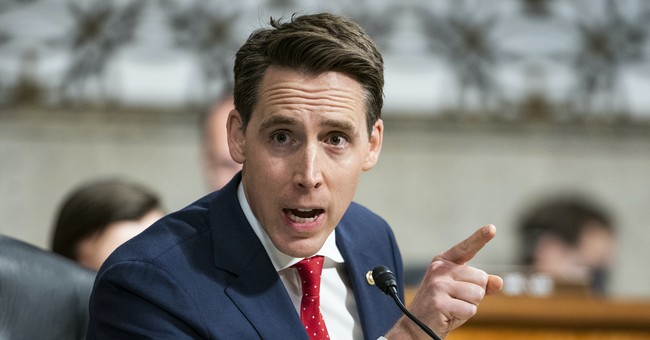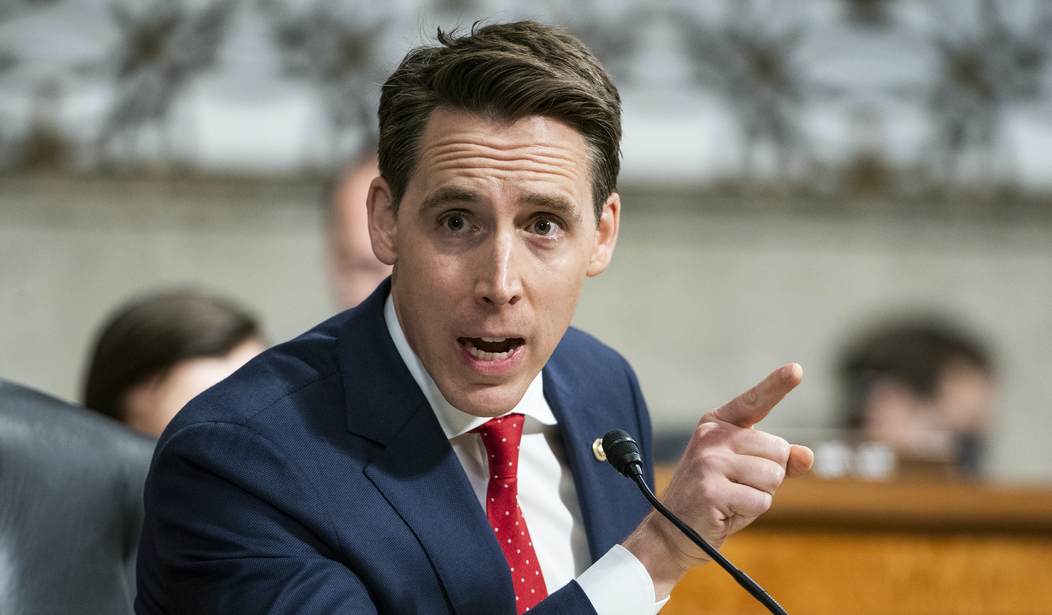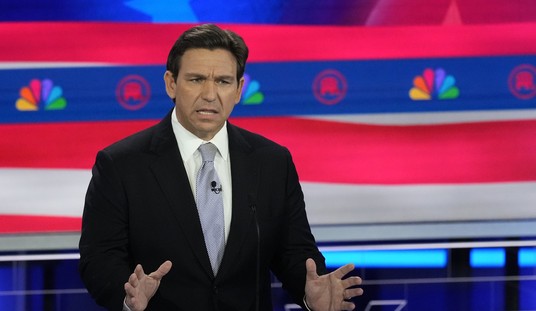
As Bonchie covered Wednesday morning, the New York Post published a bombshell article containing email evidence that Hunter Biden set up a meeting between Burisma big-wigs and his father, then-Vice President Joe Biden. Soon after the Post’s story was published, a Facebook executive tweeted that “we are reducing [the story’s] distribution on our platform.”
Soon, Twitter users noticed that they couldn’t tweet or direct message the Post link to other users. As of this writing, Twitter is still allowing RedState’s coverage of the story to be shared.
Twitter has banned the New York Post article from being tweeted. pic.twitter.com/pzXVNP2Hjq
— Michael Kaminski (@kamando) October 14, 2020
Banned on DM too. pic.twitter.com/SClSdZQYna
— Michael Kaminski (@kamando) October 14, 2020
Facebook claims that the action is “part of our standard process to reduce the spread of misinformation,” which in this case really means “give us time to come up with spin,” as Nick Arama covered. Twitter warned users that the link could be spammy or malicious, or could violate Twitter rules.
This is what I found. I didn’t proceed. It says there my be malware. It also says it violates tweeter rules if posted directly.
Rudy should be put in twitter jail. pic.twitter.com/D1ptbCkhVb— Bonnie🐋BlueBell🌎🆘📈 (@BonnieBlueBell1) October 14, 2020
Conservative pundits and Republican lawmakers have rightly taken both platforms to task for this obvious censorship and suppression of legitimate political expression. Sen. Josh Hawley (R-MO) brought the topic up during his time questioning Supreme Court nominee Amy Coney Barrett, then sent a letter to both publishers (publisher or platform? that is the question!) containing numerous questions about their actions.
Earlier today I sent a list of questions to @Facebook. I want the same questions answered by @Twitter pic.twitter.com/JOsOhmPKgR
— Josh Hawley (@HawleyMO) October 14, 2020
The Senator asked:
- How did Twitter determine that the New York Post story was a violation of its policy governing the distribution of hacked materials or approach to blocking links? Will Twitter make its decision-making process with regard to this case of content removal publicly available?
- How did Twitter find that the New York Post was “directly” distributing hacked materials – and thus in violation of its policy – when it is not clear that this is the case?
- Why did Twitter take additional, unprecedented action to lock the primary Twitter account of the New York Post, one of the nation’s most widely-distributed newspapers?
- If you have evidence that this news story contains “disinformation” or have otherwise determined that there are inaccuracies with the reporting, will you disclose them to the public so that they can assess your findings?
- Did any member of the Biden-Harris presidential campaign team or any person representing themselves as a representative of the campaign’s interests ask, encourage, or direct Twitter to suppress the New York Post story?
Hawley then called upon his Republican colleagues to join him on passing legislation to amend Section 230 so “#BigTech censorship” can be challenged.
I have said over and over that #Section230 must be changed to allow American citizens to challenge #BigTech censorship. I have gone to the Senate floor to try to pass legislation to do it. Today I call on my Republican colleagues to join me. Now is the time for action
— Josh Hawley (@HawleyMO) October 14, 2020
And he’s gone even further, writing a letter to the Federal Election Commission (FEC) asking them to investigate the actions taken by Facebook and Twitter.
My letter to the FEC re @Twitter @Facebook potential violation of federal election law pic.twitter.com/EhOMlj8jzX
— Josh Hawley (@HawleyMO) October 14, 2020
In part, Hawley wrote:
Countless Americans have sought to discuss and debate the article via the forums in which so much of our political speech occurs: on social media. But two social-media platforms have engaged in unprecedented suppression of public discussion of the article.
This conduct does not merely censor the core political speech of ordinary Americans, though it certainly does that. Twitter’s and Facebook’s conduct also appears to constitute a clear violation of federal campaign-finance law. Federal law prohibits any corporation from making a contribution to a federal candidate for office. Twitter and Facebook are corporations. A contribution includes “anything of value…for influencing any election for Federal office.”
Noting the proximity of Election Day and the fact that millions of people are already voting, Hawley asked that the investigation begin immediately.














Join the conversation as a VIP Member